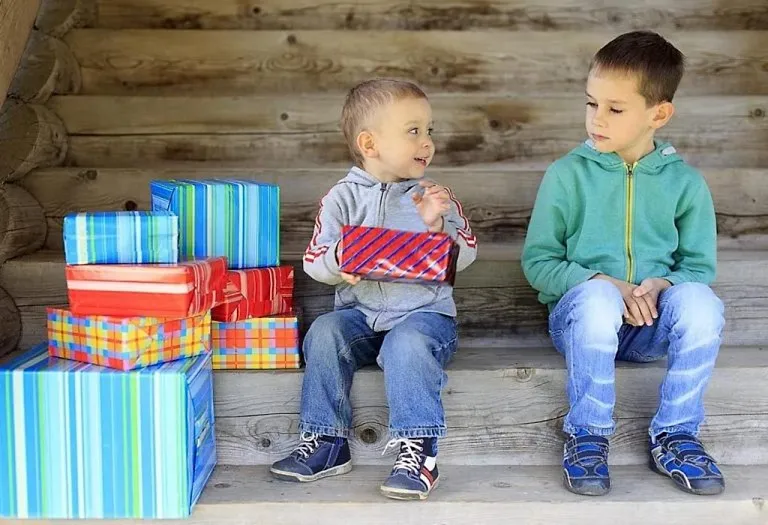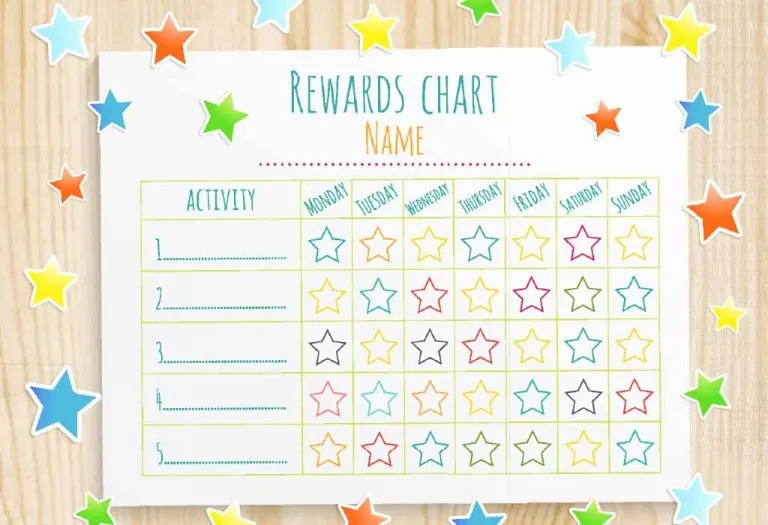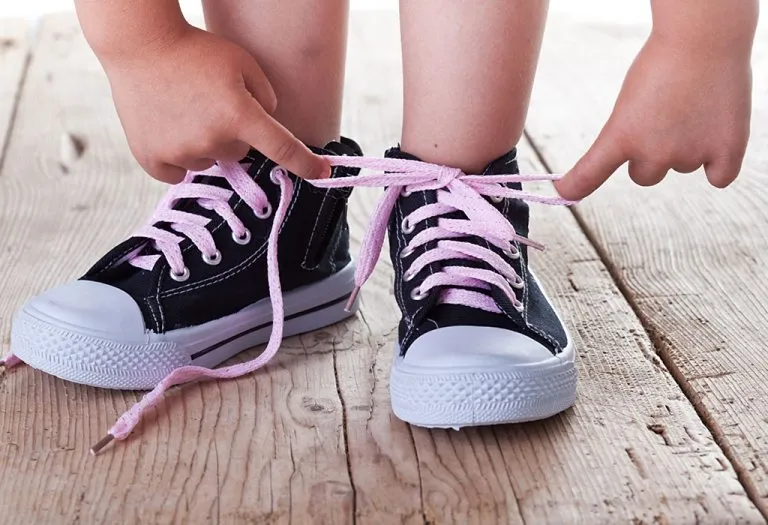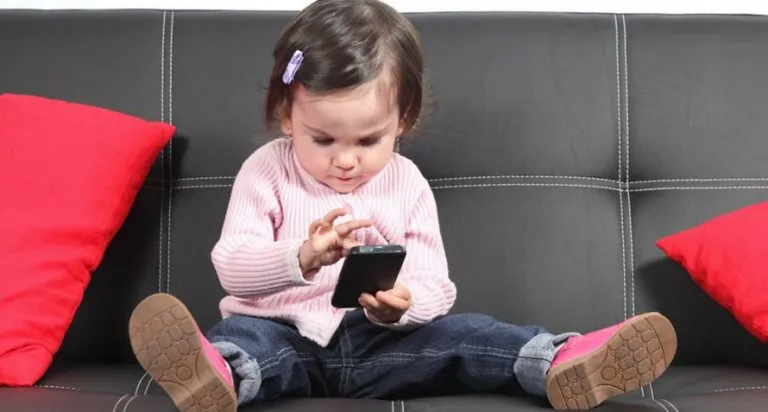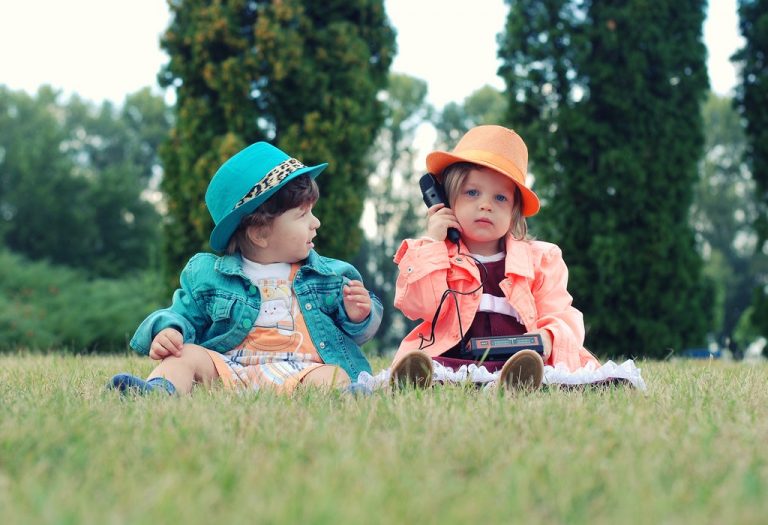Jealousy in Children – Causes and Tips to Deal with It

- What Are the Causes of Jealousy in Kids?
- What Are the Signs of a Jealous Child?
- Consequences of Jealousy Kids Might Face
- How to Deal With Jealousy in Children?
- FAQs
Children are usually very explicit when it comes to expressing themselves. They may not hesitate to express love, hate, sadness, jealousy, or other emotions. Jealousy may affect kids in multiple ways. So, what should you do when you find out that your kid is exhibiting jealousy? Concerns about whether it will adversely impact your kid’s nature could also start popping up. The following article can help you learn more about jealousy in children and how to deal with it effectively.
What Are the Causes of Jealousy in Kids?
If you are wondering what may be the cause of jealousy in your child, then the following points may help you understand it better:
1. Excessive Pampering
All parents love to pamper and spoil their kids once in a while. However, if you pamper your child excessively, it may make you feel superior to others. Therefore, whenever your kid comes across someone better than them or someone in possession of something better than what your kid may possess, he may feel jealous and insecure.
2. Comparison
It is very natural for parents to compare one child with another or with other children. However, it is okay until you do not make a fuss out of the situation, i.e. you do not let your kid know about it. But suppose you are explicit about your feelings of comparison and keep comparing your child with a sibling or a friend. In that case, it may not only generate feelings of rivalry and low self-confidence, but it may cause jealousy, too.
3. More Concerned and Protective Parents
Parents are protective and concerned for the well-being of their children. However, sometimes parents might overdo it, and when they let go of their child, the child could feel lost and develop feelings of jealousy from the children who are more confident than them.
4. Unhealthy Competition
Healthy competition is essential for every child, but creating competition where it may not be necessary may negatively impact a child’s personality and result in jealousy. This may happen when you compare and expect a child to do what he cannot do. For example, if one child dances too well, you wish your child to do the same when he does not want to dance or doesn’t like dancing.
5. Over Controlling Or Authoritarian Parenting
When parents are too strict or controlling and expect their kids to follow their rules and regulations without even explaining the reasons, there is a high chance they will develop resentment and jealousy in their kids. Their children may feel inferior to their friends or peers because they are constantly in a controlled environment.
6. Skills or Academic Jealousy
All kids are not the same; some may excel in sports, and others may be good in academics. It is common for children to feel jealous of children doing exceptionally well in academics or co-curricular activities.
7. Sibling Jealousy
It is often seen that the older child is jealous of a younger sibling. This may happen when the parents shift their focus from their elder child to the newborn child. The elder child may find it challenging to deal with the situation and may develop feelings of jealousy towards his sibling.
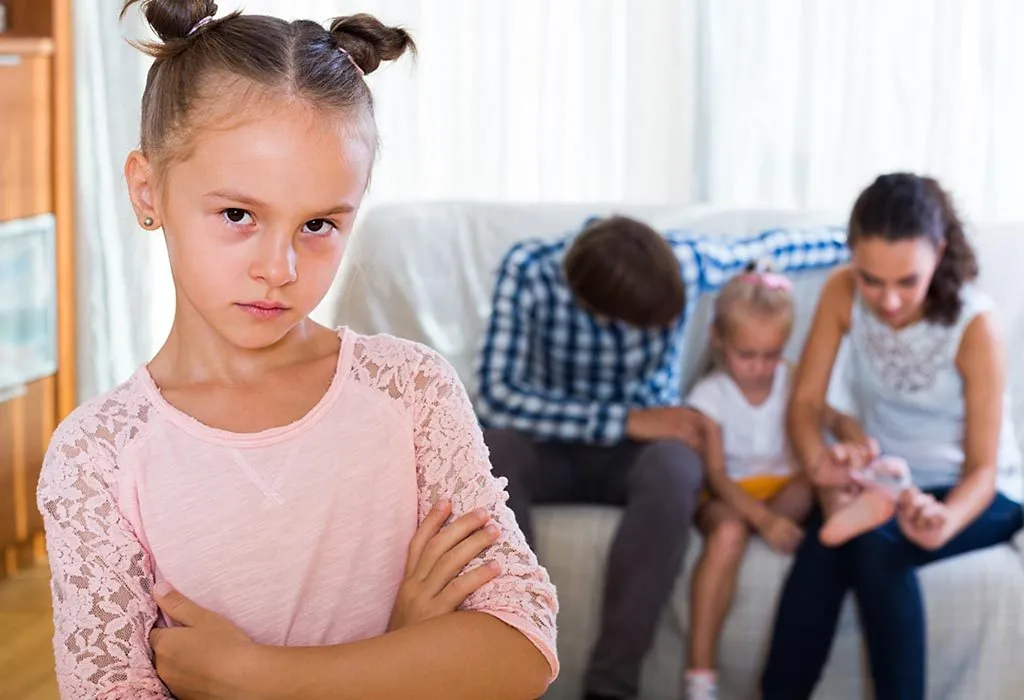
What Are the Signs of a Jealous Child?
In the above section, we have learnt the causes of jealousy in children, but it is also crucial for you as a parent to register the signs of jealousy. Here are some signs of jealous child behaviour:
1. Your Child May Become Overly Possessive
If your kid feels jealous, he may become overly possessive about everything. This attitude may not be restricted to materialistic things; he may also become possessive about his parents, siblings, and friends. He may not want to share anything, and this attitude might also cause depression.
2. Your Child May Compare
A jealous kid may compare his skills, belongings and other things with other children. He may exhibit displeasure and throw tantrums if he lacks or does not have something.
3. Your Child May Trigger Your Anger
If your kid is jealous of his sibling, he may try to gain your attention. The best way to earn a parent’s attention is by misbehaving. Your kid may do all sorts of stuff that may make you angry, and all these efforts are only to shift your attention towards them.
4. Your Child May Exhibit Aggressive Behaviour
A jealous child may show rowdy and aggressive behaviour. He may not only misbehave with his siblings or friends, but he may bully them, too. In some cases, you may even find your kid trying to harm a sibling or a friend.
5. Your Child May Feel Insecure
Your kid may feel insecure because of jealousy. This attitude becomes more pronounced due to the arrival of a new baby or sibling in your kid’s life. Your child may appear needy and clingy and constantly want your love and affection.
Consequences of Jealousy Kids Might Face
Jealousy is a negative emotion, and thus, it may have a negative impact on your child’s personality. Here are some consequences that your kid may face because of jealousy:
- Your kid may become aggressive
- Your kid may turn into a bully
- Your kid may isolate themself and stay aloof
- Your kid may exhibit a helpless attitude
- Your child may develop low self-esteem
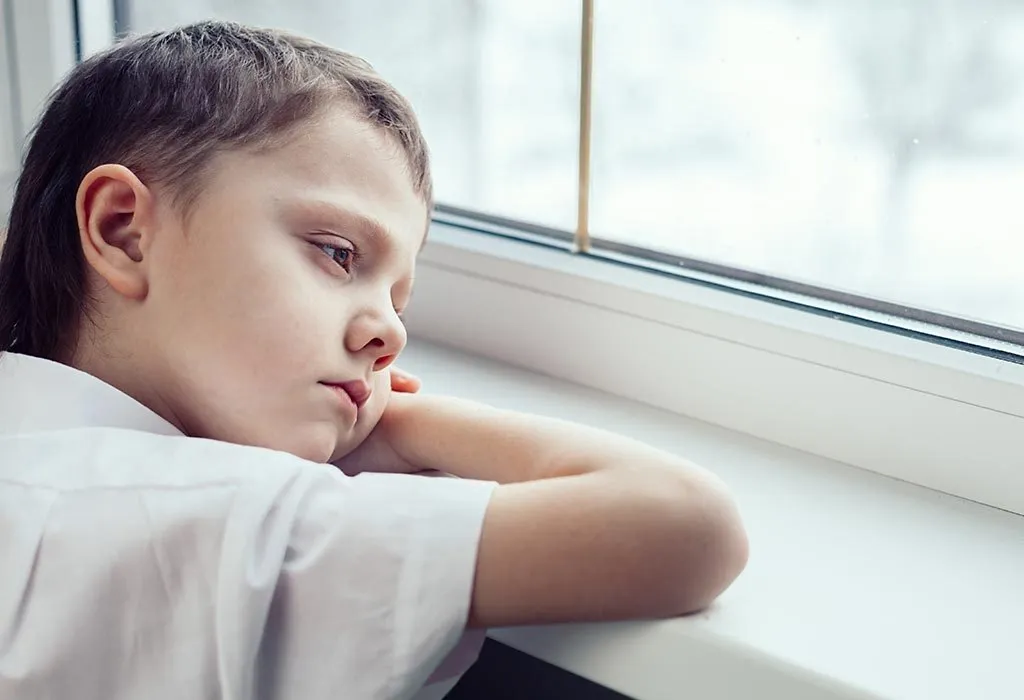
How to Deal With Jealousy in Children?
Jealousy should be dealt with properly so as not to affect your child adversely. Here are some ways that could help you deal with child jealousy issues:
1. Listen to Your Child
Jealousy is not superficial; instead, it is deep-rooted. Talk to your child and listen to his concerns and reasons that may be causing such behaviour. Listening to your child’s fears, worries, and problems may help them overcome his feelings of jealousy.
2. Channelise Negative Emotions Into Positive
Giving a positive direction to your kid’s negative thoughts may help them deal with jealousy. If his sibling or friend is better than them in studies, you should encourage your child to study hard and get better grades rather than having ill feelings towards others who are doing better than them.
3. Be Passionate Towards Your Child
Your child may be exhibiting negative and rowdy behaviour, but you have to be caring and passionate towards your child. Do not scold or punish your child. It is essential to understand that your child is dealing with a difficult emotional situation and needs your compassion to help deal with it.
4. Explain the Importance of Sharing
Every child needs to learn the importance of caring and sharing. When a child learns to share his belongings with other children, it not only helps them make friends, but it could also help remove the feelings of jealousy.
5. Refrain From Comparison
Comparison creates negative emotions and devalues a person. Therefore, please do not compare your kid with other kids, including your children and their friends. Every child is unique and has different talents. Find out what your child is good at and help them develop and master their skills rather than compare them with others.
6. Do Not Over-Praise Your Kid
As parents, you adore and love your kid, and you may shower them with occasional praises for his efforts and hard work. However, refrain from overdoing it. You may find yourself over-praising your child when other children have excelled, and your words may reassure your child. Therefore, refrain from doing this.
7. Refrain From Comparing Academic Performance
It would be best if you refrained from comparing your child’s performance at school with his siblings or friends. Doing so would generate a feeling of animosity and jealousy. If your kid does not get good grades, you may encourage them to study hard instead of comparing them with others.
8. Instil Positive Behaviour
Avoid things that may generate jealousy in your child as much as possible. You should introduce and teach your child about feelings of love, sharing and caring from a young age. Also, teaching children about jealousy may help them deal with this emotion in a better way.
9. Spend Quality Time
Often, jealousy arises in kids because they do not get the attention they yearn for and deserve from you. Set aside time in your day to interact with them, whether it be playing games, taking them outdoors, a family game or movie night, reading them to sleep, or simply sitting down and talking to them about their day!
10. Help Them Turn Jealousy into Aspiration
It is natural to look at others achieving things or being capable of doing things we are not good at. This can give rise to jealousy. But what if you helped your child channel their jealousy and turn it into goals to aspire for? For example, if they are jealous of a friend who rides a bicycle well, teach them how to ride a bike. If they resent the class topper, support and motivate them to study harder to achieve a better rank.
FAQs
1. From what age do children start feeling jealousy?
According to Hart and Carrington (2002), Infants as young as six months can show signs of jealousy if they notice a parent interacting with both physical and non-physical things in a manner that takes attention away from them.
2. Should I intervene immediately when I notice signs of jealousy in my child?
Intervening in the right manner is important when dealing with a jealous child. Being too harsh or reprimanding them publicly can cause embarrassment, resentment, and tantrums. Pull your child aside and employ calm and understanding language to explain why their behaviour is not approved.
3. How can I help my child build resilience and self-confidence to overcome jealousy?
Jealousy is very common in children. However, your child may overcome it if it is dealt with positively. If you face difficulty in dealing with your child’s jealousy, getting help from a counsellor or a professional in the field may help.
Also Read:
Selfishness in Kids
How to Discipline Children?
Parenting an Overly Competitive Child
How to Deal With Sibling Rivalry in Your Kids
Was This Article Helpful?
Parenting is a huge responsibility, for you as a caregiver, but also for us as a parenting content platform. We understand that and take our responsibility of creating credible content seriously. FirstCry Parenting articles are written and published only after extensive research using factually sound references to deliver quality content that is accurate, validated by experts, and completely reliable. To understand how we go about creating content that is credible, read our editorial policy here.







